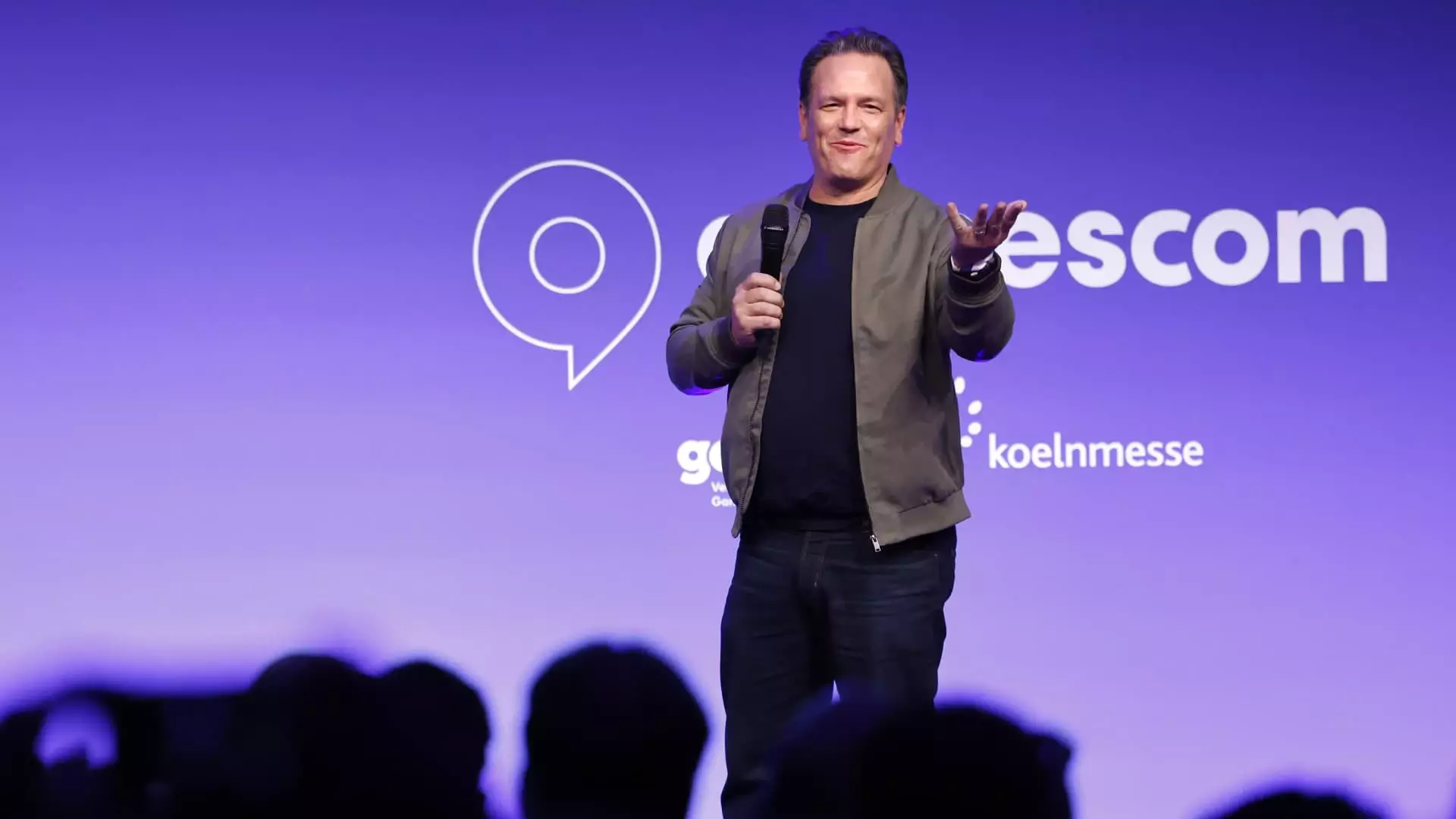In a significant shift within the mobile gaming industry, Microsoft has announced that starting in November, Android users will be able to purchase and play video games directly through its Xbox app. This groundbreaking decision follows a recent court ruling that has shaken the foundations of the Google Play app store, forcing Google to present viable alternatives for app distribution on Android devices. As the gaming landscape evolves, this development highlights the growing need for competition and choice in a space traditionally dominated by a few key players.
The announcement comes on the heels of a jury trial in which Google faced off against Epic Games, known for its wildly popular title Fortnite. The ruling has opened the gates for other app distribution methods, which sets a precedent that could curtail Google’s longstanding monopoly. Sarah Bond, president of Microsoft’s Xbox gaming division, expressed optimism about the ruling, stating that it will allow users greater flexibility and options. Although the implications of the court’s ruling are still unfolding, it signifies a pivotal moment for app distribution and revenue allocation systems in mobile gaming.
One of the most significant implications of Microsoft’s announcement is the potential for the company to bypass Google’s revenue share demands on in-app purchases. As previously established, the current structure requires app developers to relinquish a portion of their earnings to Google, limiting the profits that can be reinvested into game development and user engagement. By selling games directly through the Xbox app, Microsoft is positioning itself to maximize revenue and potentially offer better deals to consumers.
Furthermore, Microsoft already has a functional structure in place through its Game Pass Ultimate, allowing subscribers to stream games via its existing app. This strategic positioning could allow Microsoft to gather a broader user base in the mobile market, addressing gaps that have existed due to previous antitrust challenges and slow entry into mobile app development.
Despite these positive steps for Microsoft, it remains unclear whether a similar strategy will be adopted for Apple’s iOS devices. The antitrust scrutiny surrounding Apple raises questions about potential pathways for Microsoft to expand its mobile gaming services across different platforms. Current regulations limit the distribution of apps to the App Store, giving Apple substantial control over the ecosystem.
In March, the U.S. Justice Department filed a lawsuit against Apple for monopolistic practices, suggesting a critical examination of its app distribution policies. As the gaming industry continues to grow in importance, particularly with the recent acquisition of Activision Blizzard, the need for a diversified mobile strategy is more crucial than ever for Microsoft.
As Microsoft moves forward with its plan to enhance its gaming offerings on Android, the implications of these changes will be closely watched by industry participants and consumers alike. The company’s ability to adapt its business model to leverage court rulings can redefine the competitive landscape in mobile gaming. By prioritizing direct sales through the Xbox app and potentially expanding its offerings across platforms, Microsoft is signaling a commitment to reshaping the mobile gaming experience for millions of users—an approach that could redefine how games are marketed and sold in an increasingly digital world.


Leave a Reply